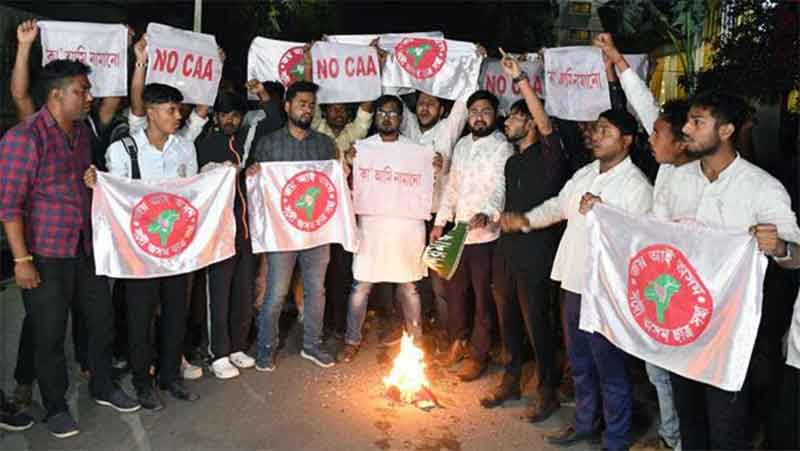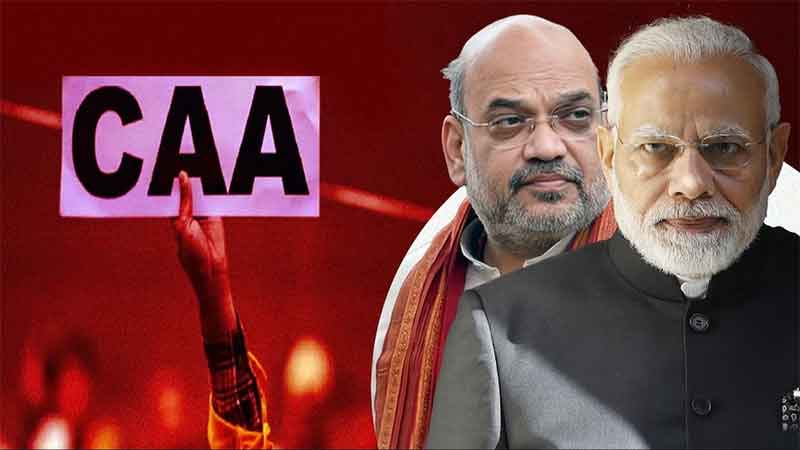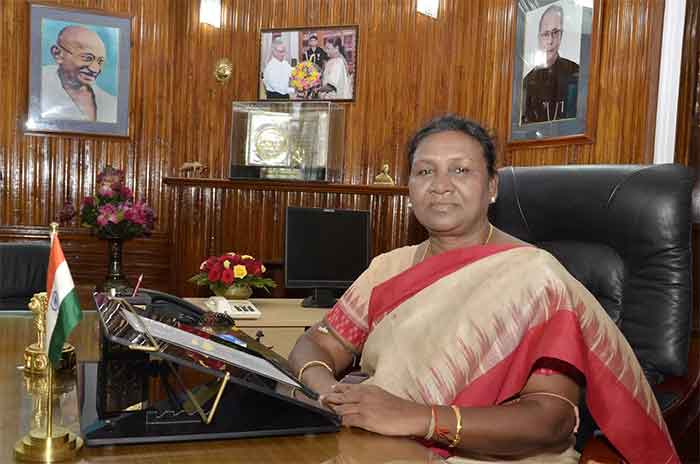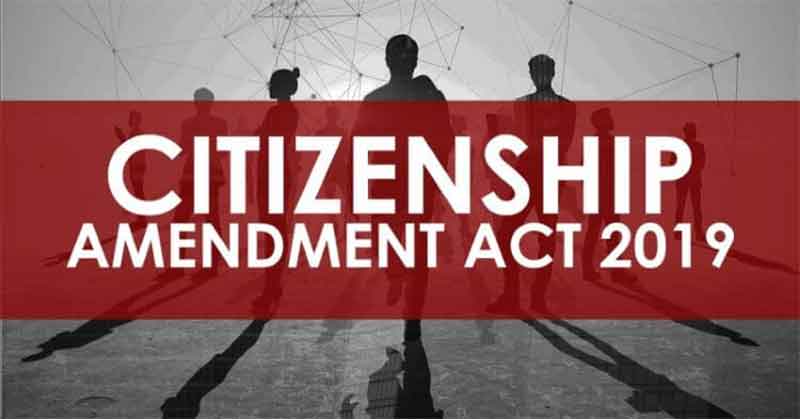
In simple terms, the Indian Constitution sets out rules for how people can become citizens of India without considering their religion. The Citizenship Act of 1955 explains how someone can become a citizen and how citizenship can be taken away, ensuring that the process is fair and not based on religion. While previous laws and the Constitution aimed to keep citizenship separate from religion, the CAA goes against this by bringing religious discrimination into the process of gaining citizenship.
The Constitutional foundation of Indian citizenship, as outlined in Articles 5 to 11 of the Constitution of India, provides various paths for individuals to acquire citizenship, such as by birth, descent, naturalization, registration, or territorial incorporation. Importantly, religion is not a criterion in any of these methods. The Citizenship Act of 1955 further elaborates on the acquisition and termination of citizenship, ensuring that the process remains secular and non-discriminatory.
Article 6 gave rights of citizenship to persons who have migrated to India from Pakistan at the commencement of this Constitution if he or either of his parents or any of his grand-parents was born in India as defined in the Government of India Act, 1935 and in case where such person has so migrated before 19th July 1948 has been since ordinarily resident in India, or where he migrated after that date, he was granted citizenship on his application before the commencement of the Constitution. Such a person should have been a resident of India for at least six months immediately preceding the date of application.
Article 10 says every person who citizen of India shall continue to be so subject to provisions of any law that may be made by Parliament.
Article 11 says Parliament has the power to make any provision concerning the acquisition and termination of citizenship and all other matters relating to citizenship. The NDA Government invoked the power under Article 11 to pass the Citizenship Act 1955 and amendments to it.
The Citizenship (Amendment) Act of 1986: This act specifically deals with the citizenship of the state of Assam. It mentions that illegal migrants to get citizenship need to be registered with the Indian consulate in the prescribed format.
The Citizenship (Amendment) Act of 1992: According to this Act any person born outside India is considered a citizen of India by virtue of Citizenship by Descent if either of the parents was a citizen at the time of his birth.
The Citizenship (Amendment) Act of 2003: This Act introduces several provisions for overseas citizens regarding their registration, rights in India, etc.
The Citizenship (Amendment) Act of 2005: This Act is based on the recommendations of the Parliamentary Standing Committee on Home Affairs. It provides for dual citizenship to PIO’s of 16 countries.
The entire objective of the Constitutional foundation of Indian citizenship codified in Articles 5 to 11 is to allow the Indians before 1947 to acquire citizenship of India even after 1947. It does not discriminate on the criteria of religion. The earlier amendments also retained that character.
The Citizenship (Amendment Act) 2019: That objective is based on the secular credentials of the Indian Republic, which is breached by CAA.
There are five methods of becoming a citizen: by birth, descent, naturalization, registration, and territorial incorporation. In none of these is religion mentioned. The Constitutional definition of Citizenship does not differentiate or discriminate against any person on grounds of religious belief or caste, class, or gender in acquiring citizenship in India. The CAA changes this by an amendment in section 1 b on illegal immigrants. The term “illegal immigrants” was introduced in 2003. It did not define illegal immigrants by religion. The present Government has done it now. The CAA amends Sec 1 b to include “any person belonging to Hindu, Sikh, Buddhist, Jain, Parsi or Christian community from Afghanistan, Bangladesh or Pakistan who entered India on or before December 2014 will not be considered an illegal immigrant.
However, the Citizenship Amendment Act (CAA) of 2019 introduces a significant departure from this principle by offering expedited citizenship to specific religious communities from Afghanistan, Bangladesh, and Pakistan, while excluding Muslims. This amendment undermines the secular nature of Indian citizenship by introducing a religious criterion for eligibility, which was not present in previous laws.
It is claimed that the Citizenship Amendment Act of 2019 changes this by granting citizenship faster to certain religious groups from neighboring countries but excludes Muslims. This goes against the idea of secularism in Indian citizenship, as it introduces a religious factor into who can become a citizen, which was not the case before.
In essence, while the Constitution and earlier amendments upheld the secular ethos of Indian citizenship, the CAA deviates from this principle by introducing religious discrimination into the process of acquiring citizenship.
Dr. M Sridhar Acharyulu (LL.D.) Professor & Advisor, School of Law, Mahindra University, Hyderabad.













































